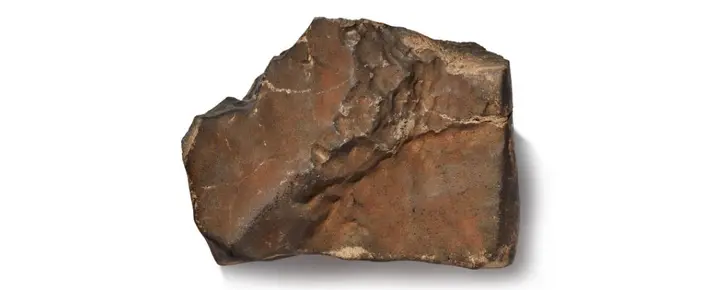T4K3.news
Niger meteorite sale sparks probe
Niger opens a formal investigation into the discovery and sale of a Martian meteorite amid questions of ownership and trafficking.
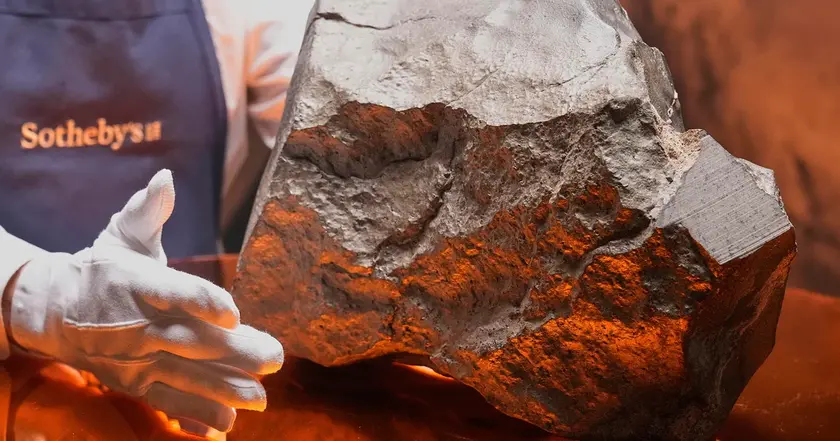
Niger launches a legal probe into the sale of a Martian meteorite amid questions about ownership and trafficking.
Niger seeks answers after Mars meteorite sale tops five million
A 24.67 kilogram Martian meteorite named NWA 16788 was sold at Sothebys in New York last month for more than five million dollars, a world record price for a Martian rock. The piece, found in the Sahara in northwestern Niger in November 2023 by a local hunter, traveled through an international dealer network and appeared in a private gallery in Italy after the sale. Sothebys says the meteorite left Niger with all proper documentation and that the sale followed relevant procedures.
After the auction the government of Niger announced an official probe to determine the circumstances of discovery and sale, calling the episode an example of illicit international trafficking. President Abdourahamane Tiani later ordered a halt to the export of meteorites and other stones to improve traceability. Sothebys disputes the accusation. Legal experts note that rules about ownership of meteorites are not clear under existing international frameworks, though some scholars say meteorites can qualify as cultural property under UNESCO conventions if a country can prove ownership and illicit export. The case shows the friction between private markets for space rocks and national sovereignty, a tension likely to echo in future cases.
Key Takeaways
"Space rocks belong to science not private collections"
Editorial stance on ownership
"Traceability becomes the new norm for planetary treasures"
Policy implication for governance
"Markets want speed while law calls for proof"
Market versus regulation tension
"Desert discoveries test how nations guard heritage"
Geopolitical implication
The sale exposes a clash between fast moving private markets and the slow pace of legal and ethical frameworks. Space material moves quickly across borders while rules for ownership lag behind. The Sahara region finds feed a growing industry that regulators struggle to monitor.
If Niger gains a restitution claim, the case could push other nations to tighten export rules and require clearer proof of discovery. The episode may spur new guidelines for documenting finds, sharing data, and balancing science with state sovereignty. The broader lesson is that space rocks test the limits of international law and market access.
Highlights
- Space rocks belong to science not private collections
- Traceability becomes the new norm for planetary treasures
- Markets want speed while law calls for proof
- Desert discoveries test how nations guard heritage
Heritage dispute risks and legal ambiguity
The Niger case blends questions of ownership, export controls, and international law. It could trigger political backlash, restitution debates, and changes in how meteorites are regulated across borders.
The outcome may reshape how space rocks move across borders and how nations guard their scientific heritage.
Enjoyed this? Let your friends know!
Related News
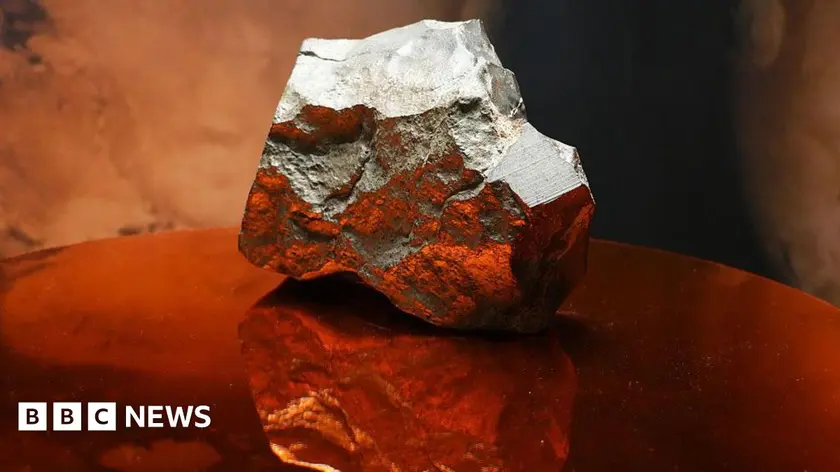
Mars meteorite sells for $4.3 million at auction
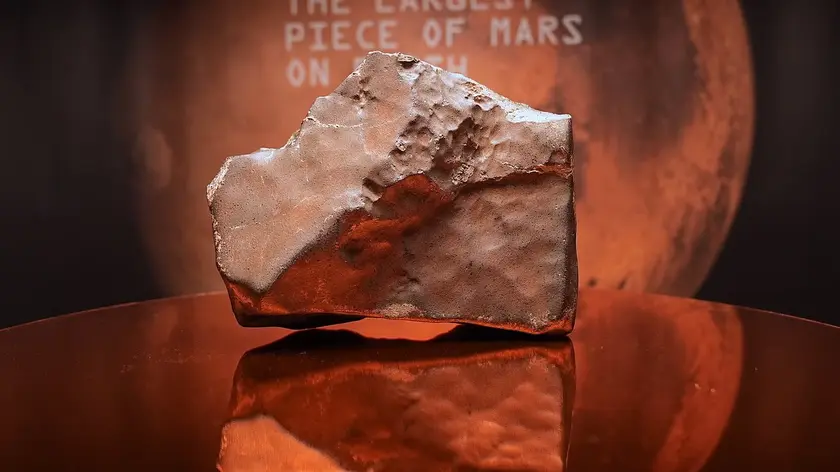
Martian meteorite set for auction at Sotheby's
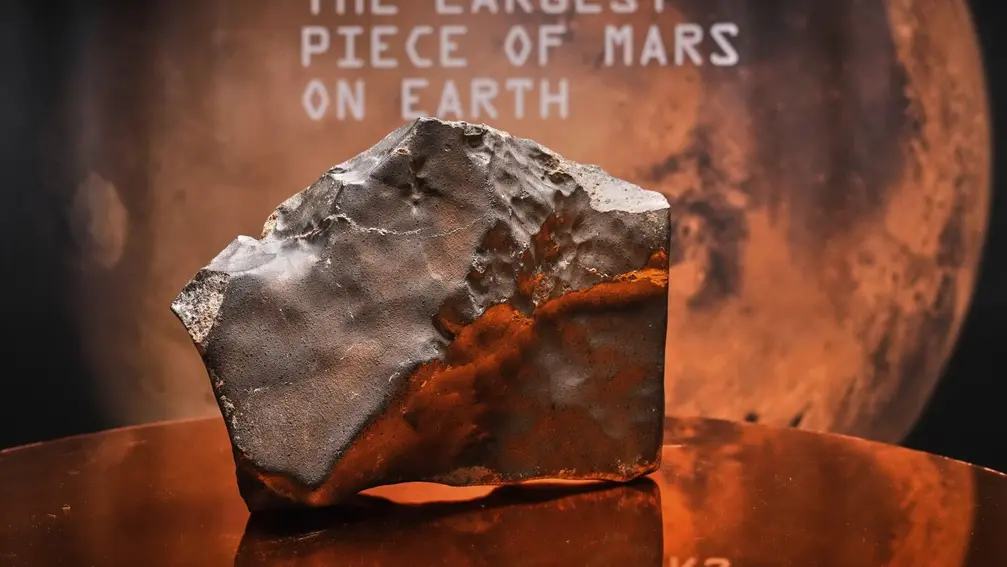
Martian meteorite sells for over $5 million at auction
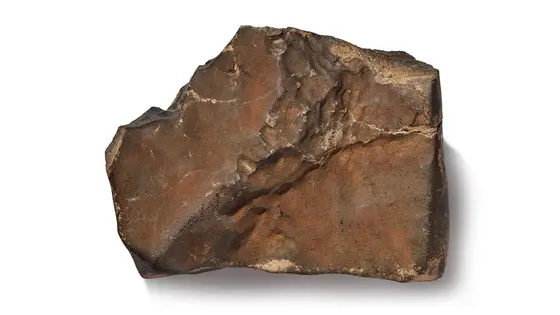
Largest Mars meteorite sells for $5.3 million
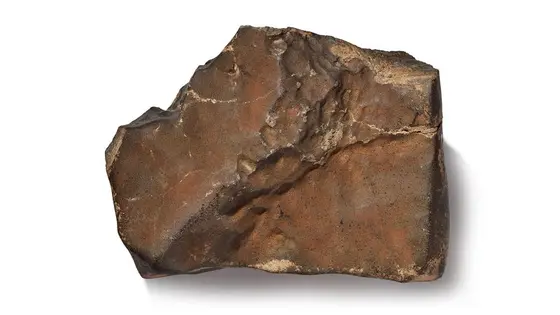
Mars meteorite sold for $4.3 million at auction
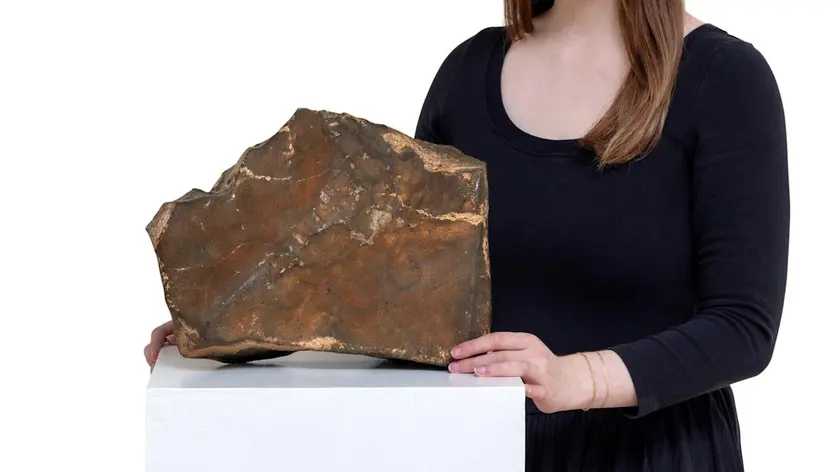
Martian meteorite sold for over $5 million
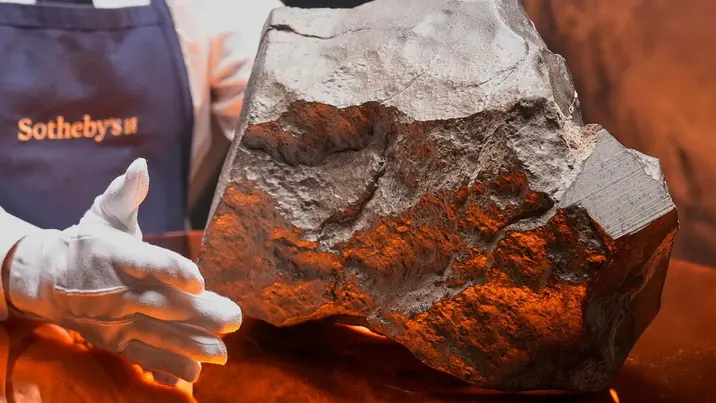
Largest Mars meteorite heads to auction
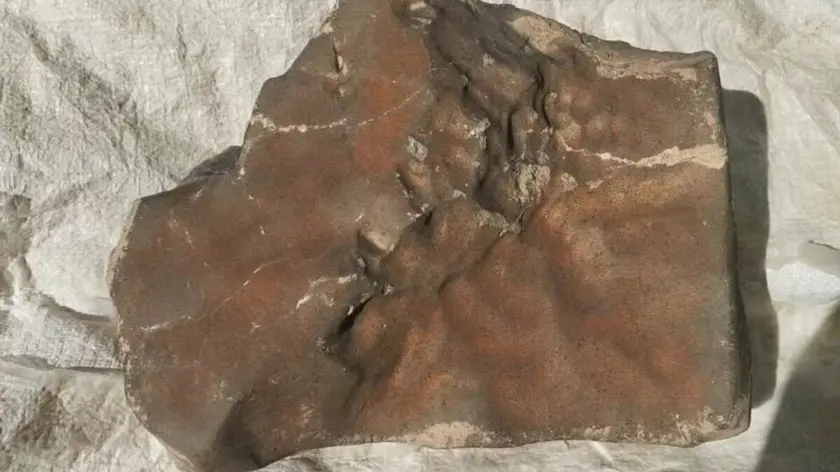
Largest Martian Meteorite to Auction for Up to $4 Million
